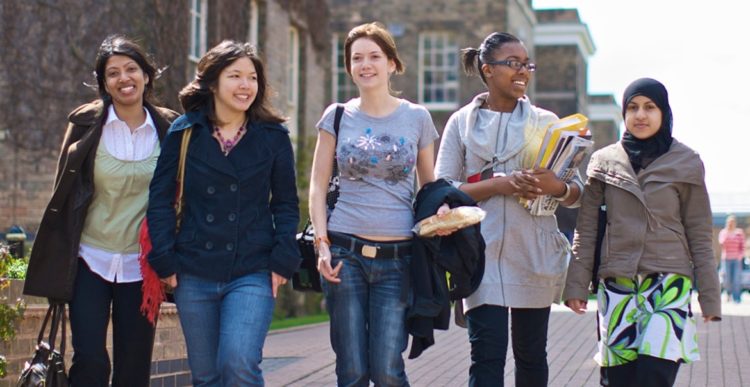By James Simons And Nikki Greener-
Unconditional Univrsity offers made to British pupils must be stopped, a number of university bosses and school heads have said in a joint cmpaign against the practise said to be working against student academic progress.
The coalition of education leaders have slammed the practise designed to pressure pupils to accepting a unconditional offers for university places before achieving their A-levels results.
The letter was signed by Dame Rachel de Souza, chief executive at Inspiration Trust with 13 schools in Norfolk and Suffolk, Lucy Heller, chief executive of Ark with 39 schools in London and the south.
Private school sector bosses against the practise of unconditional offers added their voices to the campaign to stop compelling pupils to accept unconditional offers to pupils. Shaun Fenton, chairman of the Headmasters’ and Headmistresses’ Conference, Barnaby Lenon, chairman of the Independent Schools Council and Vivienne Durham, CEO of the Girls’ Schools Association, all signed.
The group of university bosses, private school heads and academy trust bosses have laid out proposals aimed at addressing a system they say in bad for A level students. In a public letter published today, the group said pupils receiving an unconditional offer before receiving their exam grades should “not be compelled” to accept it until after they have got all their offers of a place.
Some universities offer pupils an unconditional place without a requirement to accept the place. However, other universities require pupils to commit to accepting an offer. The campaigning coalitin fr change want to encourage pupils to aim high in exams in pursuit of a better offer, instead of just relaxing
By waiting to accept an unconditional place until achieving their grades, pupils would again be less incentivised to stop working during year 13, said Barton.
He cited one school where 20 out of 100 pupils had unconditional offers and some stopped bothering even attending school during. School headteachers have complained of the huge rise in the offers is leading to pupils not achieving their predicted grades.
St Mary’s University is among those that has recently announced a decision to abandon its practise of unconditional offers.
These arrangements now make up 7.1 per cent of all offers to 18-year-olds from the three nations, up from 5.4 per cent last year.
Politicians have condemned universities for trying to get “bums on seats” and the funding attached to each pupil.
However the group of leaders did not go as far to call for an outright ban on unconditional offers – claiming any “regulatory intervention would breach the long-established autonomy of institutions over whom they admit to their courses”.




